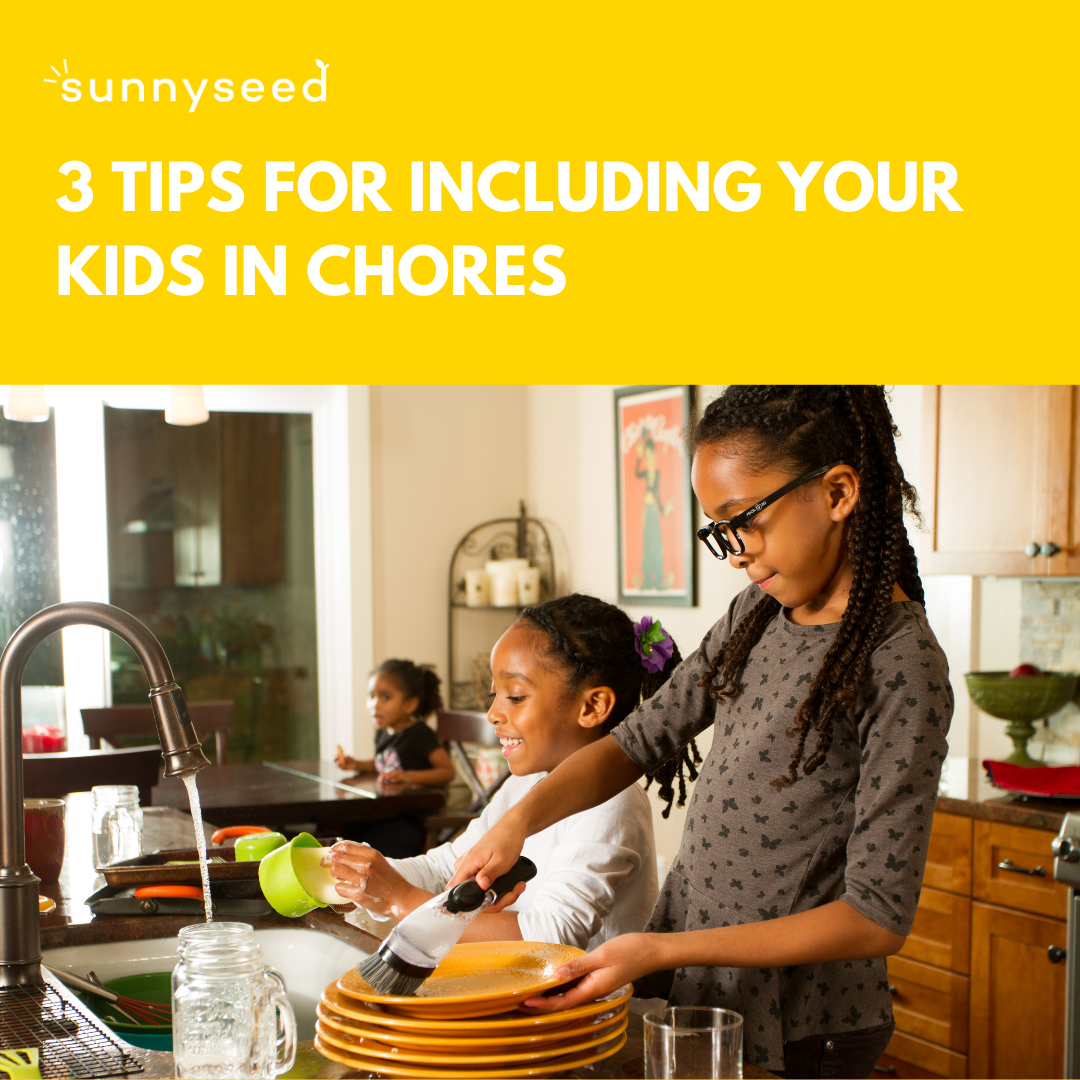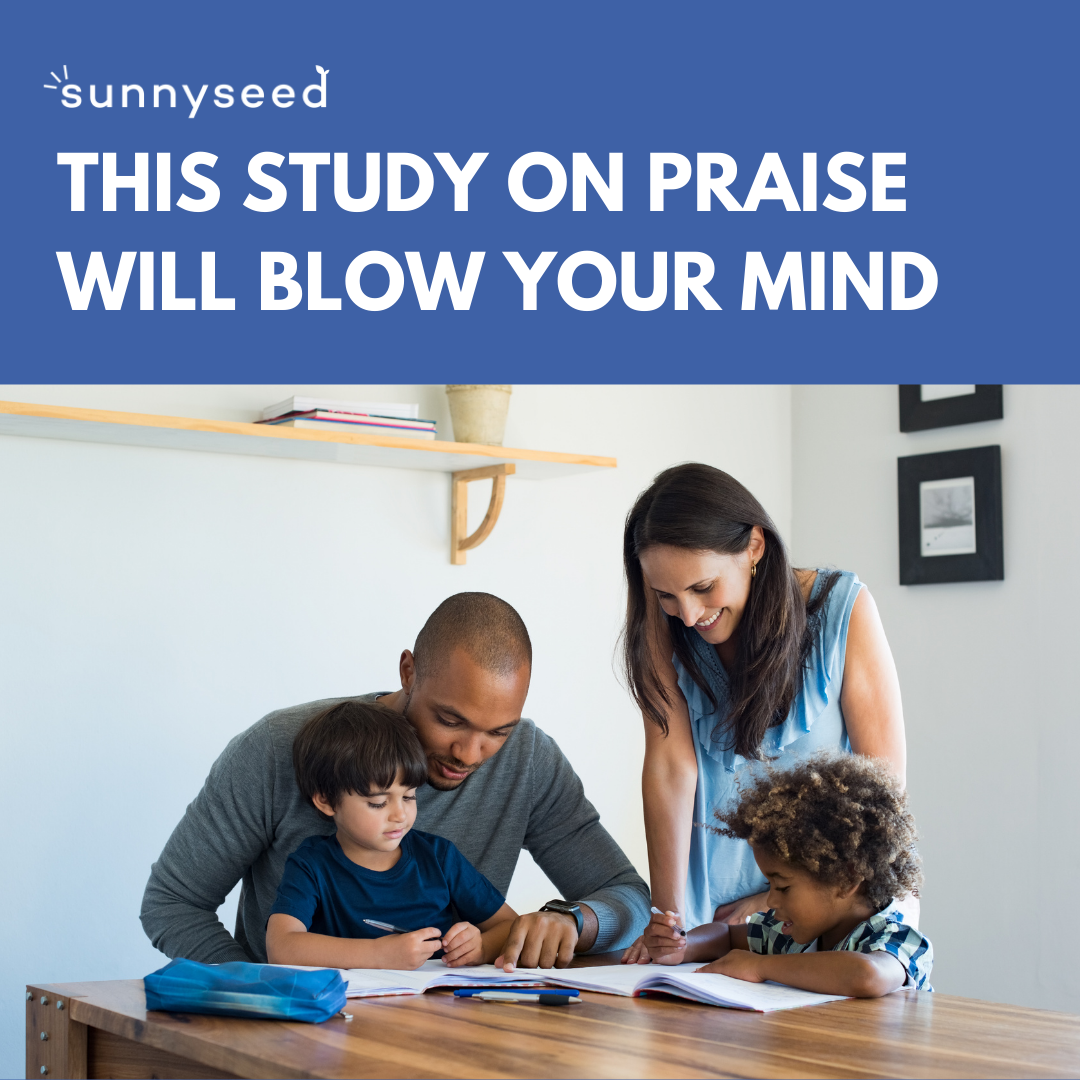No Drama Discipline

If I’m being totally honest, I’m not ready for Mackenzie to grow up. Behavior management was my jam as a teacher and I prided myself on being able to connect and motivate the most difficult students, but now that it’s my own child I feel a little anxious. So naturally, I am diving deep into research to prepare. Thankfully, I have some time. I want to know about every behavior approach and then decide what works best for our family values. I realize not every mama thinks it is fun to read nonfiction in the wee hours of the night so I will do my best to summarize my findings for you, one book at a time.
The Whole-Brain Approach
I used a whole-brain approach when teaching and it was a TOTAL game changer so it’s no surprise I was drawn to this book: “the whole brain way to calm the chaos and nurture your child’s developing mind.” There are a lot of parenting books out there, but thankfully there has been a great deal of brain research in recent years that helps navigate which approach is in fact the most effective and developmentally appropriate. That comforts me! I believe parenting, just like teaching, is a creative blend of heart and science. This book seems to agree.
No-Drama Discipline
“No-Drama Discipline” uses the latest science and research on brain development to teach us the most respectful, appropriate, and effective way to understand and discipline our children. It even explains how the brain responds to specific topics such as time-out, toddler meltdowns, and spanking. By understanding the way a developing brain reacts, we can shift our children into a more receptive state so our disciplining (teaching) has a more lasting and meaningful impact.
Taking a different approach
Imagine a child’s brain as a house that’s under construction. The downstairs brain is more primitive and reactive. It houses fundamental operations like strong emotions, instincts, and basic functions. The upstairs brain is more sophisticated and houses good decision making, control over emotions and body, self-understanding, empathy, and flexibility. When a toddler is in the middle of a tantrum, their downstairs, primitive (reactive) brain takes over. Our response can enrage that area of the brain and make things worse, or engage their upstairs brain through a “connect and redirect” approach. While this approach does seem quite nurturing and respectful, a healthy emphasis is also put on the importance of consistent boundaries. As a result, the authors ensure our life as a parent will be EASIER and more EFFECTIVE. Sign me up!
Focusing on Short Term and Long Term goals
This book is an incredible resource of principles and strategies to remove the drama and high emotions that typically characterize discipline. This approach focuses on two goals:
Short term: kid cooperates, stops bad behavior, and does the right thing-
Long term: kid develops self-control, makes thoughtful decisions, develops mindsight and a moral compass while feeling connected, respected, and loved by parentsHere are some key teachings from their book:
The more we help build our kids’ brains, the less we will have to struggle with gaining their cooperation.
“Deep, empathic connection can and should be combined with clear and firm boundaries that create needed structure in children’s lives. The absence of limits and boundaries is quite stressful, and stressed kids are more reactive.”
Repeated experiences change the physical architecture of the brain, so it is paramount we are intentional about the experiences we give our children. Neuroplasticity has enormous ramifications!
The pause between reactive and responsive is the beginning of choice, intention, and skillfulness as a parent.
Research tells us, kids are happier, do better in school, get into less trouble, and have positive relationships when their parents raise them with clear limits, high expectations, communication, connection, and nurturing.

This book shares research in a digestible way and then illustrates their strategies in action through relatable scenarios, with examples of exactly what to say and how to react. Additional resources include 20 discipline mistakes even great parents make as well as a “cheat sheet” to tear out and share with caregivers or grandparents to ensure consistency. This book also reiterates major concepts from their first book, The Whole Brain Child, so if time is limited, you could skip that book and feel equipped with No Drama Discipline. I’ll be sharing a summary of The Whole Brain Child soon!The truth is, this book can help us connect in more constructive, effective ways with any person, not just a child. The advice is rooted in neurobiology, but feels practical and empathetic. I highly recommend No Drama Discipline! Have you read it? [Book image courtesy of @OurLittlePlayNest]










